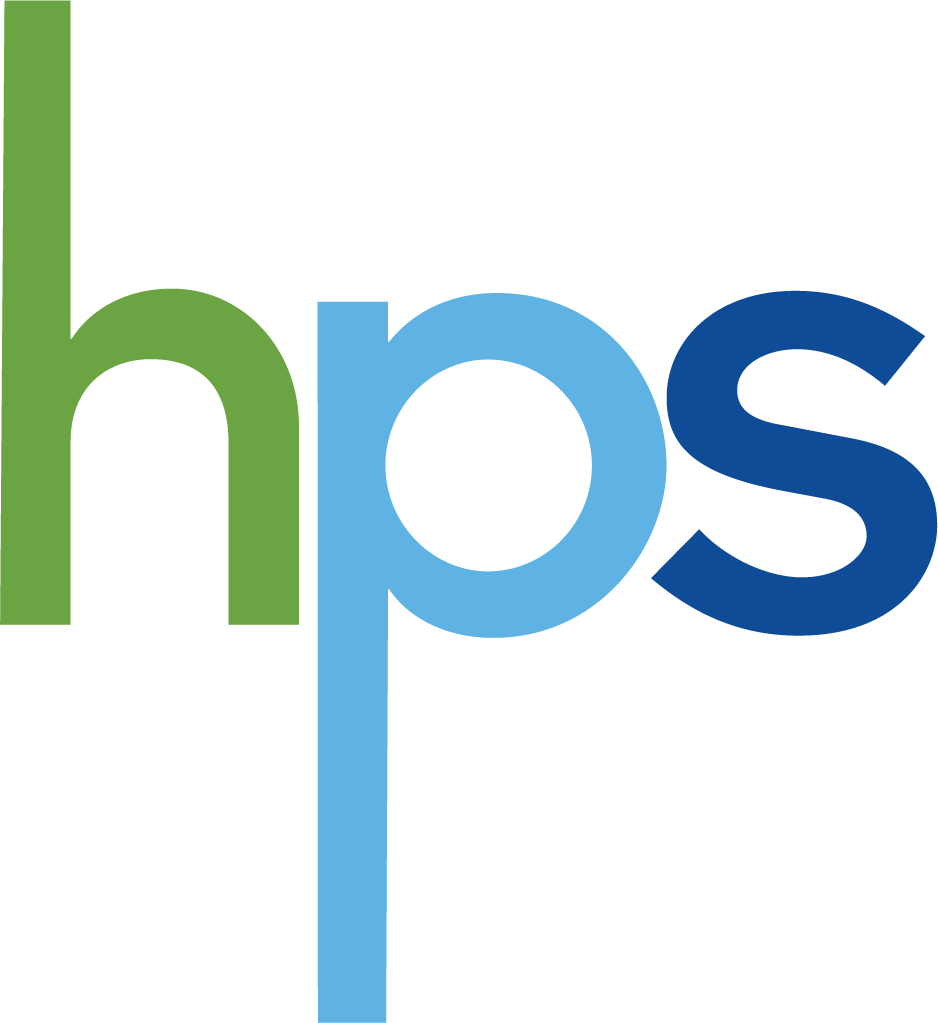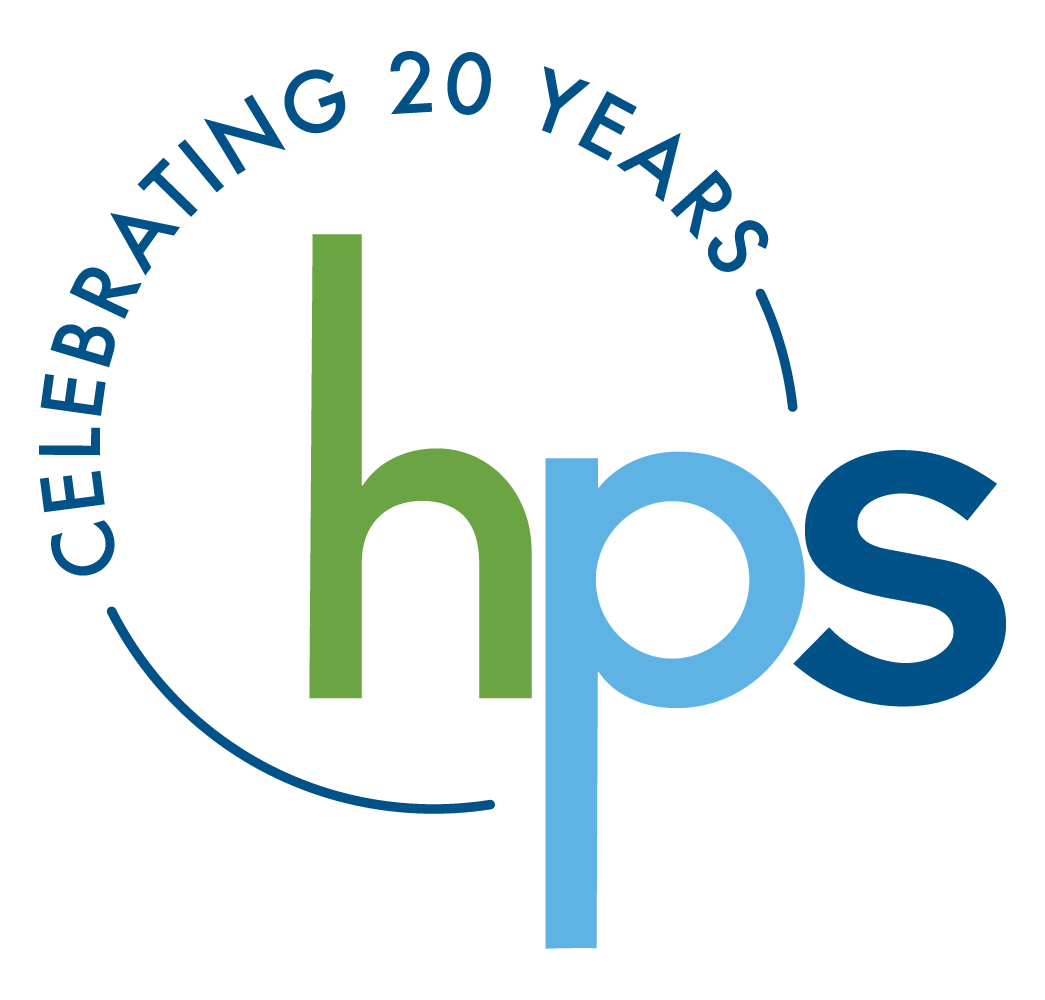HPS Attorneys Achieve Not Guilty Verdict in First Post-Pandemic, In-Person Jury Trial in Will County
HPS Attorneys Achieve Not Guilty Verdict in First Post-Pandemic, In-Person Jury Trial in Will County
HPS attorneys David Hall and Krista Luzio secured a not guilty verdict for all defendants in the first post-pandemic, in-person jury trial for the firm and in Will County.
The case involved devastating quadriplegic injuries for a 50-year-old practicing podiatrist, an alleged failure to diagnose and treat a stroke and an allegedly negligent misdiagnosis of a rare variant of Guillain-Barré Syndrome.
The case stems from the plaintiff’s visit to an off-site, suburban emergency room with nonspecific symptoms of dizziness, tingling in the extremities, and an uncoordinated walk, which had begun around 18 hours before arrival.
A stroke code was triggered and canceled because the plaintiff was not a candidate for TPA (clot-busting medication) due to the length of symptom onset.
A STAT CT scan and MRI were performed in the first hour and read as negative for any signs of acute stroke in the brain.
The defendant neurologist was notified of the symptoms and the negative MRI result, and recommended the patient be admitted for a workup of the neurologic deficits.
Over the next 48 hours, the plaintiff’s deficits progressively worsened resulting in paralysis and the need for intubation.
Six months later, the plaintiff obtained a second opinion from neurologists at a Chicago hospital.
The providers performed another MRI of the brain and identified a small bilateral infarction in the medial medulla that corresponded to the plaintiff’s bilateral symptoms and deficits.
The providers also reviewed the prior MRI of the brain done at the off-site emergency room and were able to identify subtle evidence of the infarct present on the initial imaging.
It was undisputed by all sides that the plaintiff had suffered a rare bilateral medial medullary stroke prior to arriving at the off-site emergency room.
The plaintiffs’ counsels’ primary argument was that the providers were negligent in placing too much weight on the MRI and disregarding clear symptoms of stroke.
They claimed that the defendants negligently chased an alternative diagnosis of an exceptionally rare condition that did not fit well with the patient's symptoms.
Due to the inaccurate diagnosis, the defendants failed to give antiplatelet therapy and cholesterol-lowering medication that would have stopped the stroke in progression from extending and worsening.
Plaintiffs’ counsels further argued that IVIG, which carries a risk of clotting, should never have been given.
The plaintiff's blood pressure should not have been lowered, because standard stroke therapy includes permissive hypertension to allow greater perfusion to at risk brain tissue.
The plaintiffs’ counsels further argued that had antiplatelet and cholesterol medications been given, the IVIG been held and the blood pressure been allowed to trend higher, the plaintiff's deficits would have remained mild and he likely would have recovered fully.
Mr. Hall and Ms. Luzio contended for the defense that the care given was timely, appropriate and that the plaintiff’s deficits were the result of factors unrelated to defendants’ care.
They showed that an MRI performed more than 6 hours after onset of symptoms is greater than 95% effective in catching ischemic strokes. Therefore, it was reasonable and good care to consider stroke highly unlikely and to consider alternative diagnoses once the MRI was read as negative at 18 hours post-symptom onset.
The progressive, fluctuating neuro deficits were non-specific and consistent with Guillain-Barré Syndrome and the patient had areflexia in the lower extremities and other lab work that all supported a Guillain-Barré Syndrome variant. Importantly, Guillain-Barré Syndrome has a well-recognized treatment that has been shown to reduce the length of ventilator dependency and reduce the overall time of temporary paralysis.
The risks of the IVIG therapy given were minor as the drug has been reformulated with modern preparation and administration methods over the last 20 years.
The plaintiff’s blood pressures were in the high-normal range throughout admission, and the plaintiff never became hypotensive, which is exactly the goal of permissive hypertension in a stroke patient.
Mr. Hall and Ms. Luzio also presented experts to explain that the antiplatelet and cholesterol medications given to stroke patients are given to reduce the risk of future strokes and would not have reversed this plaintiff's stroke in progression. The plaintiff did not experience another stroke and all his deficits were related to the initial brainstem stroke that occurred prior to his arrival at the off-site emergency department.
In closing, the plaintiffs’ counsels asked for significant damages including $10 million for economic losses and $10+ million for non-economic damages (loss of normal life, emotional distress, pain and suffering etc.). Despite the serious injuries and complex vascular neurology medicine, the jury deliberated for less than one hour before returning their verdict for the defense.
This was the first 12-person civil jury trial in Will County since March 2020 and one of the first in-person jury trials in Illinois of this size and scope. HPS was privileged to be able to represent our clients in this court and in person. We were honored to work beside colleagues in the legal professions who showed courage in being willing to return to an in-person trial and navigate new challenges to trying cases. This trial went smoothly due to the efforts and professionalism of the defense and plaintiff’s attorneys, the experts, witnesses and all of the court personnel.


